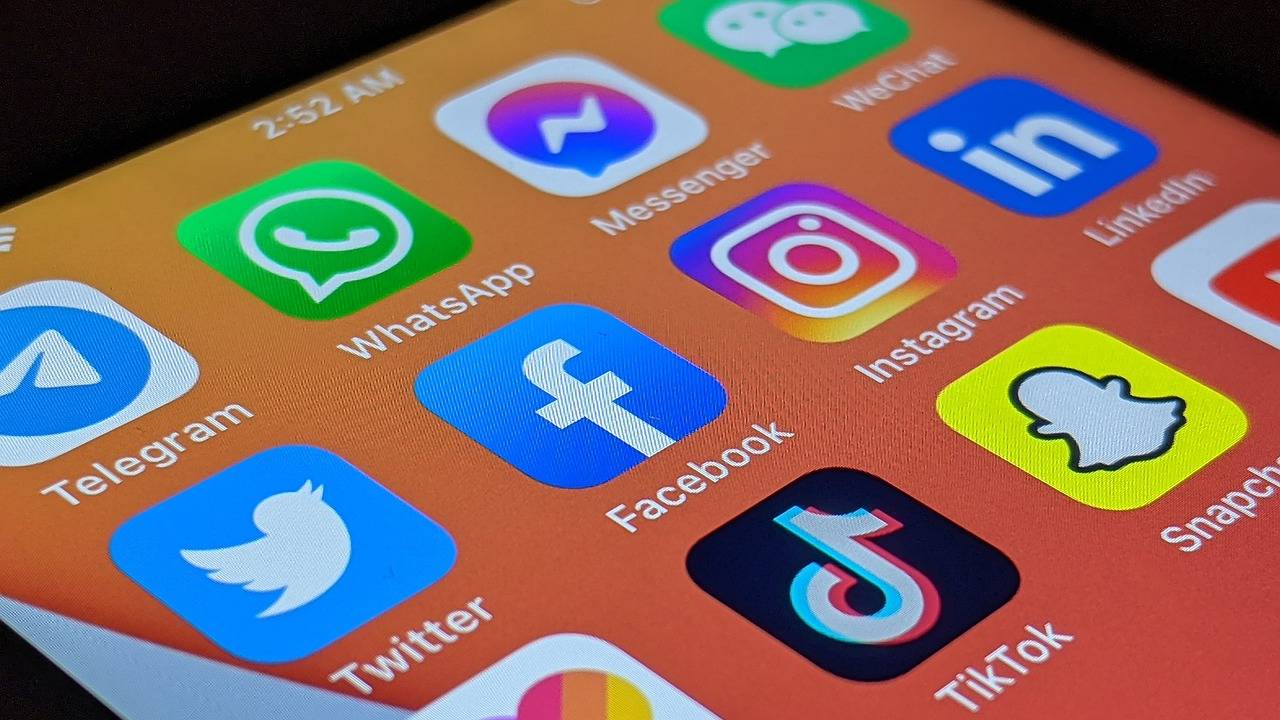By Julie Johansen
The Emery County Coalition of the A Bolder Way Forward movement hosted a meeting on “The Harms of Social Media On Our Children”. The guest presenter via zoom was Aimee Winder Newton. Newton is the Senior Advisor to Governor Spencer Cox and the Director of the Office of Families for the State of Utah. The gathering was co-hosted by Alice Wadley and Patsy Stoddard.
Newton started her slide presentation by expressing the governor’s appreciation for addressing this issue and voiced his concern in the area of social media harms to children. She added that Governor Cox is passionate about helping the mental health challenges of the youth. He started legislation to help protect this area, looking at lawsuits against media companies and attempting to ensure that parents know it is not safe media.
The U.S. Surgeon General, Dr. Murthy, wants warning labels on social media. Many states are following Utah as it leads in the fight to control social media for youth.
She then gave some alarming statistics showing why they have such concerns. The rate of major depression has doubled from 2010 to 2020, the same time that social media became popular. 95% of youth 13 to 17 years old say they use social media. 60% of girls say they have been contacted by strangers on social media. 15% of these girls feel sad or hopeless. 18% of Utah youth have considered suicide in the past year, which is a 61% increase in the past year.
Utah parents feel social media has a detrimental effect on youth and they report that 57% of youth use social media one to three hours every day. A slide showing some of the harms of social media illustrated continuous scrolling, cyber bulling, misinformation, fraud and scams, anxiety, loss of sleep, self-harm, sextortion, predators and eating disorders, to name a few.
The campaign from her office is to promote the health and wellbeing of Utah’s youth and to help Utah’s citizens live better lives. Quoting Governor Cox, “…Cancer rates, auto wrecks, and we do all we can to help, but Social Media in Utah is leading the way”.
She listed five tips for parents to help with these problems.
- Create Family media plan
- Create a tech-free zone and educate to foster in person friendships
- Model responsible social media behavior
- Work with other parent groups or friends to establish shared norms and practices
- Reconsider allowing your child to have social media
Newton encouraged, “We all can do better.” She recommended a book written by Jonathan Haidt, “An Anxious Generation”.
A question and answer time was then opened for attendees both online and in person. Questions included use of technology in school, i.e; chrome books, cell phones, tablets or other tech instruments. A facebook group “Parenting in a Tech World” was suggested. Two acts of legislation – verify age on media and liability of social media — were discussed, as well as that parents set a culture and limit themselves.
Another question, “What have others done?” was answered suggesting taking youth away from service areas for activities, finding other ways to keep them engaged with friends and family without social media.
Newton suggested that adults limit the technology use to one hour a day, then one day a week, then one week a year. She added that parents can be the biggest push back on this.

